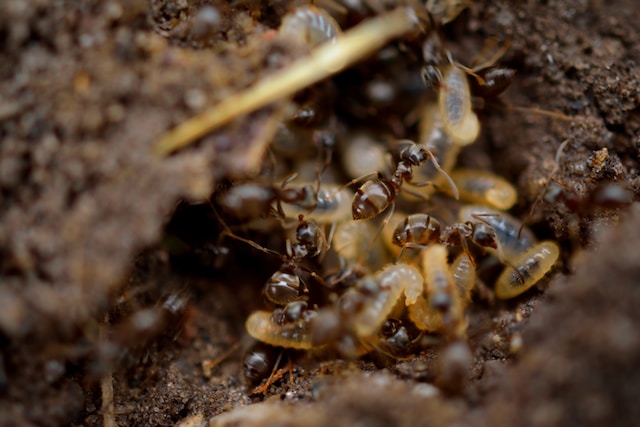Termites are a huge problem for homes built of wood. These pests can cause massive structural damage that leads to costly repairs. Termites also generate dust and particles that can be spread through a home’s heating and air conditioning system. This may pose a risk to individuals who have allergies and asthma.
Termite Damage
Termites are called “silent destroyers” based on wood destroying organisms report Florida Keys because they can gnaw away at a residence without any noticeable signs, leaving homeowners unaware of the infestation until it’s too late. The pests are estimated to cause $5 billion in property damage yearly, not covered by homeowner’s insurance.
The first sign of a termite problem is finding mud tubes, which are vein-like structures resembling thick lines of dried mud, usually located near areas where wood meets the ground. If you spot a trail of them leading into your home, get a professional inspection immediately.
In addition to destroying property, termites are also harmful to health. The dust particles that termites produce while eating wood can irritate respiratory problems, including mild asthma, and aggravate allergies. Also, if the termites have penetrated the wood framing of your home, they can chew through electrical cables, which can lead to fires and electrocution.
Mold and Mildew Spores
Molds are organisms necessary to break down dead plants, animals, and other natural materials. However, when they grow inside a home, they can cause allergies and illnesses. They release spores that are carried through the air. These spores trigger the immune system of people with sensitivities or allergies, causing them to have symptoms like a runny nose, watery eyes, and itchy skin.
Mold grows in damp, dark areas that support a lot of moisture and cellulose material, such as drywall, wallpaper, carpeting, and fabrics. The fungus can be identified by its musty, earthy smell.
Mildew is similar to mold and also produces a musty, earthy scent. Decay can be easily removed with a good household cleaner and a scrub brush. But if it’s not taken care of immediately, it can spread quickly. Mildew can also trigger a health crisis in sensitive people if inhaled. The spores and mycotoxins produced by mildew and mold can irritate the nose, throat, and lungs.
Asthma and Allergies
Termites may not bite or spread disease like other pests but are dangerous to the skin and respiratory system. This is because they leave behind dust called frass that irritates the eyes, throat, and nose. The dust also contains chemicals and allergens that trigger various health problems.
When a person comes into contact with termite droppings, saliva, or frass, they develop contact dermatitis. The rash usually appears as red itchy bumps that may sting. Long-term exposure to dust may lead to a range of more serious respiratory issues, such as asthma and chronic bronchitis.
Allergies are caused by the immune system attacking substances it considers harmful. The allergens may be from pollens, grasses, and outdoor mold to pet dander, dust, or termites. As you breathe in these substances, your body produces histamines that swell the airways and cause familiar symptoms like a runny nose, itchy eyes, and a scratchy throat.
Injuries
Termites are hard to detect because they often swarm in dark places such as door frames, windows, and furniture. They also share many of the same physical characteristics as ants and can be mistaken for them at first glance. Misinterpreting a termite for an ant can lead to costly mistakes when addressing pest infestation.
Thankfully, termites do not carry any diseases or cause infections in humans. However, their stings and bites can be irritating or even painful for people allergic to the pests’ saliva and droppings.
The best way to avoid these and other dangers caused by a termite infestation is to schedule a regular pest control inspection. A preventative review can also help reduce the costs of a full-blown termite infestation. The more damage a termite colony causes to your home, the more expensive it will be to treat and repair it. That is why early detection of the presence of termites is critical.




